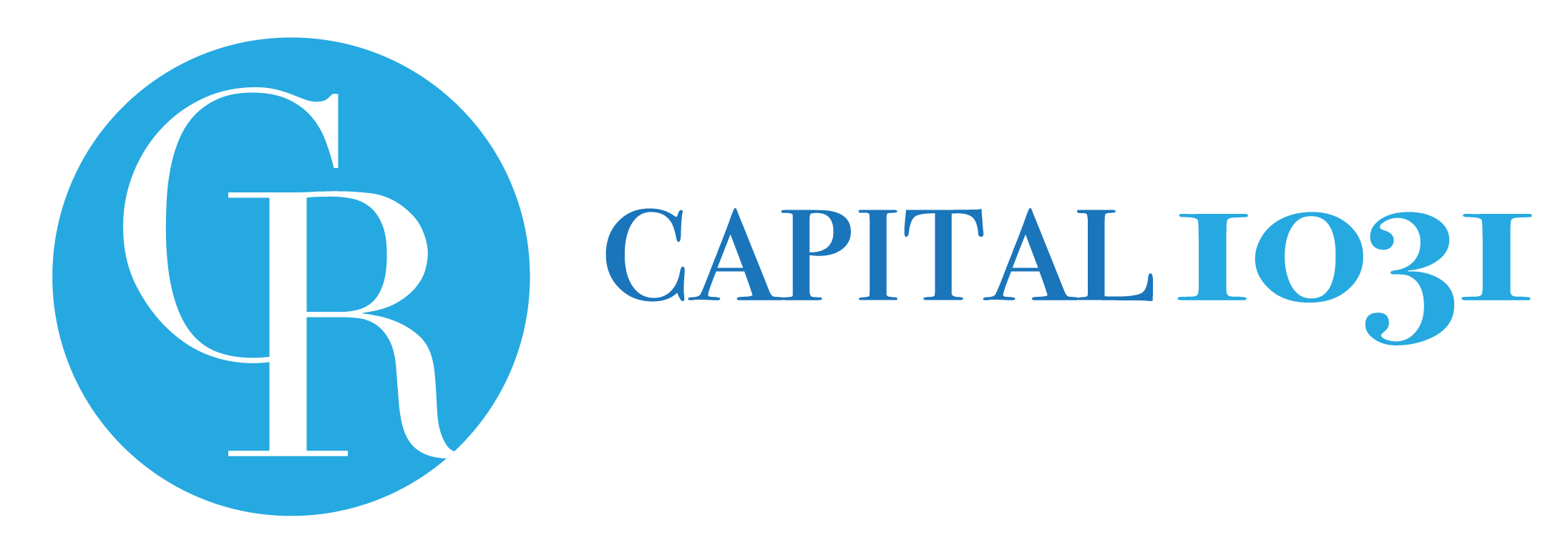The IRS provides a two-year safe harbor in Rev Proc. 2008-16, under which replacement property will qualify as “held for productive use in a trade or business or for investment.” The requirements are as follows:
The property must be owned by the taxpayer for at least 24 months immediately after the exchange, and
For each of the two twelve-month periods immediately after the exchange:
The taxpayer must rent the property to another person at a fair rental for 14 days or more, and
The taxpayer must limit personal use of the property to the greater of: i) 14 days or ii) 10% of the number of days during the twelve-month period that the dwelling is rented at a fair rental. Personal use includes personal use by family members, renting the property for less than fair market value, and vacation home swap arrangements.
In other words, if you qualify under the safe harbor, you can use the property for up to 14 days of vacation (or other personal use) per year for the first two years. Similar rules apply for using “relinquished property” for personal use prior to an exchange. At the end of the two-year safe-harbor period, you should be able to convert the property to personal use without fear of invalidating the previous exchange under the qualified use rule. This assumes that the exchange does not run afoul of other 1031 exchange requirements. You should engage a qualified tax attorney to review your exchange before converting the property to personal use.
Outside of the safe harbor, the question of whether property is held for qualified use is a factual question of the taxpayer’s intent at the time of the exchange. An exchange not meeting the requirements above could still potentially qualify for tax deferral, however, such an exchange would incur a heightened risk of IRS audit. If possible, it is always recommended that exchangers comply with the safe harbor.
To conclude, exchangers should be very careful not to jeopardize the integrity of their exchange. Holding the 1031 property for business use or for investment purposes is key to avoiding an ultimate audit and even a potentially failed exchange.
